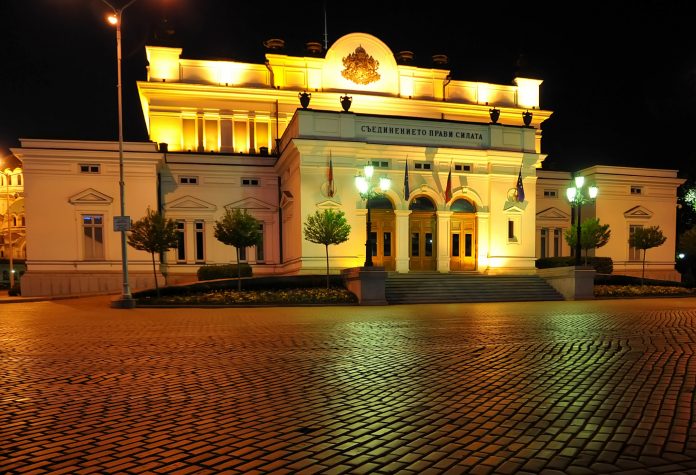Bulgaria’s Finance Minister Vladislav Goranov announced on January 28 that his country is on track to join the euro zone. He said the country may switch to the euro as early as January 2022 – earlier than expected.
Commissioner Valdis Dombrovskis said on January 18 that Bulgaria, which joined the European Union in 2007, would have to wait at least until mid-2022 to join the euro.
As reported by the Reuters news agency, Goranov said he remained hopeful that Bulgaria will be allowed to enter the bloc’s banking union and the ERM-2 mechanism, the two-year obligatory precursor to the euro currency, this summer. Bulgaria’s lev currency is already pegged to the euro.
“I am a moderate optimist that in July, if all goes well with the asset quality review and the stress tests … we will have a reason to apply for ERM entry and will expect a positive result,” Goranov told a public debate on the euro adoption.
“The shortest road to the euro is two years in the ERM-2 and then up to a year for additional adjustments. The most optimistic option to join could be January 1, 2022.”
Sofia meets the nominal criteria to adopt the single currency, with low inflation and healthy public finances as well as the currency peg, but is also the EU’s poorest state and also one of the most corrupt, reported Reuters.
The European Central Bank will conduct an asset quality review and stress tests on six Bulgarian banks and is expected to give results in July.

